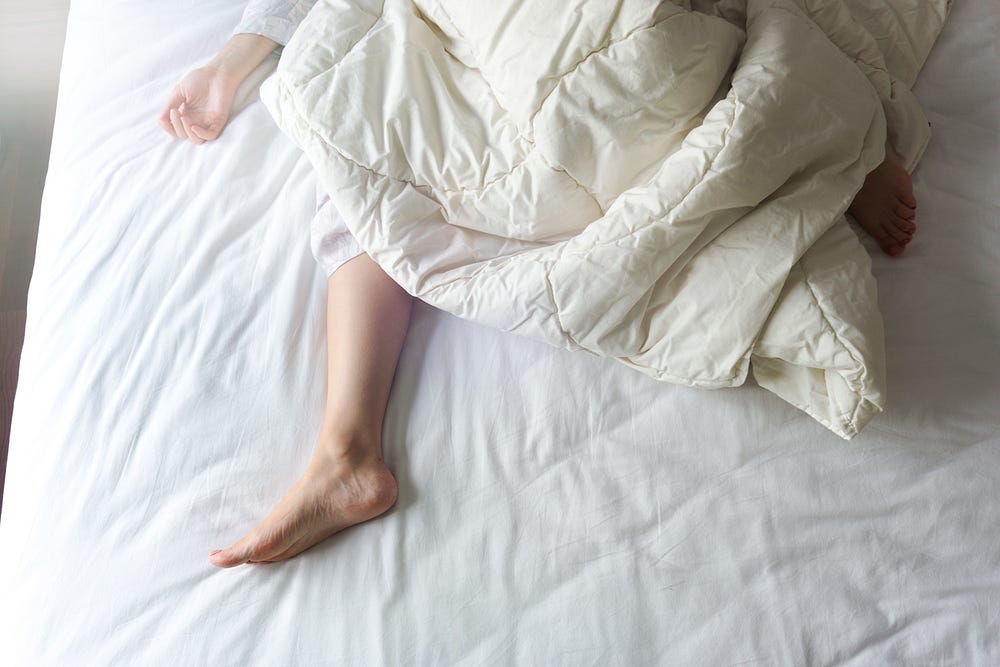Member-only story
A Scientists’ Guide to Better Sleep
Clean sheets, the ideal temperature, and other expert tips

 You already know that getting enough sleep each night is important for your health. Time spent sleeping is only part of the equation, though. Yes, getting a full night’s rest is great, but only if it’s actually restful. Those seven to nine hours aren’t as restorative if they aren’t uninterrupted, in line with your body’s natural rhythms, and balanced with the right amount of REM.
You already know that getting enough sleep each night is important for your health. Time spent sleeping is only part of the equation, though. Yes, getting a full night’s rest is great, but only if it’s actually restful. Those seven to nine hours aren’t as restorative if they aren’t uninterrupted, in line with your body’s natural rhythms, and balanced with the right amount of REM.
Better quality sleep isn’t something you can just will into being, says Dr. Vikas Jain, a sleep medicine specialist at Northwestern Medicine. “One point I try to drive home to people is: Don’t put a ton of effort into your sleep,” he says. “Because the harder you try, the harder it will become. You have to remember that sleep is something we want to come naturally. If you’re trying to force it, it’s going to become much more difficult.”
Below, eight sleep experts share their advice for the best ways to set up your bedroom to ensure you get a good night’s rest. Answers have been edited for length and clarity.
Think of your bed as an investment
Ideally, the bedroom has the best mattress you can afford. We’re on that surface for what should be a third of our lives, so investing in a mattress is critical. Take the time to shop around for your mattress and choose a company that makes research and development its focus. In addition, you really want to invest in a nice set of sheets so that you’re instantly soothed and relaxed. You also want a pillow that’s supportive of your head, neck, and spinal column.
— Rebecca Robbins, postdoctoral fellow in the department of population health at NYU Langone Health
Wash your sheets often
When I’m talking with somebody about their sleep environment, one of the things I really advocate for is washing bedsheets. If you’re not doing it weekly, do it at least every two weeks. In a National Sleep Foundation survey, one of the top things people said they liked in their bedrooms was the smell of fresh, clean sheets.
— Dr. Rachel Salas, sleep medicine specialist at Johns Hopkins University

